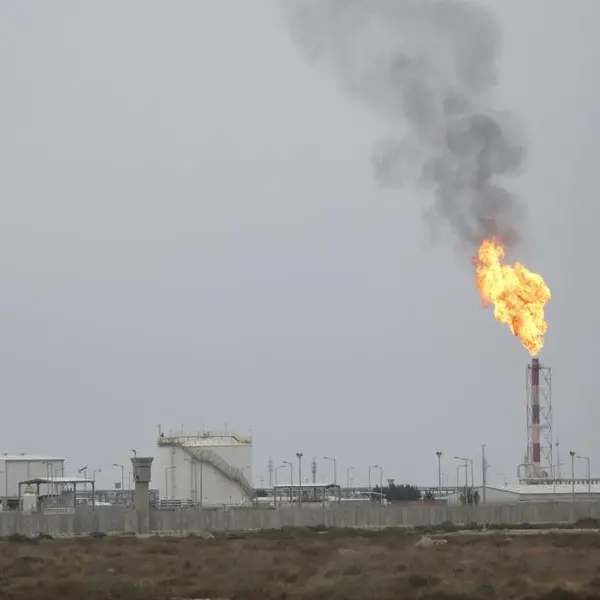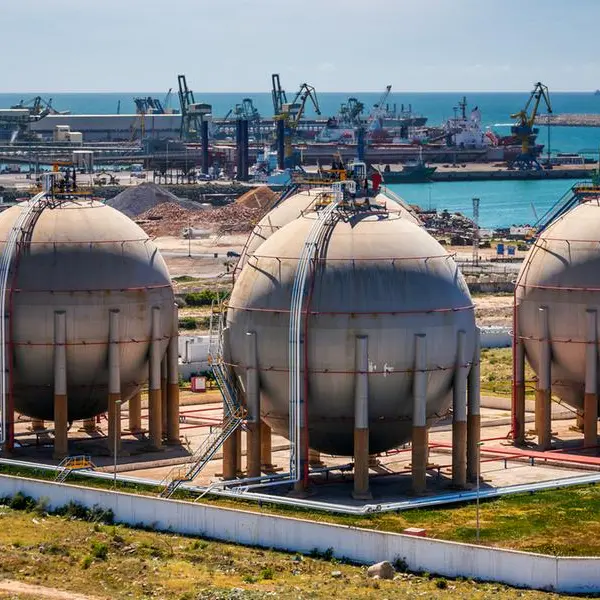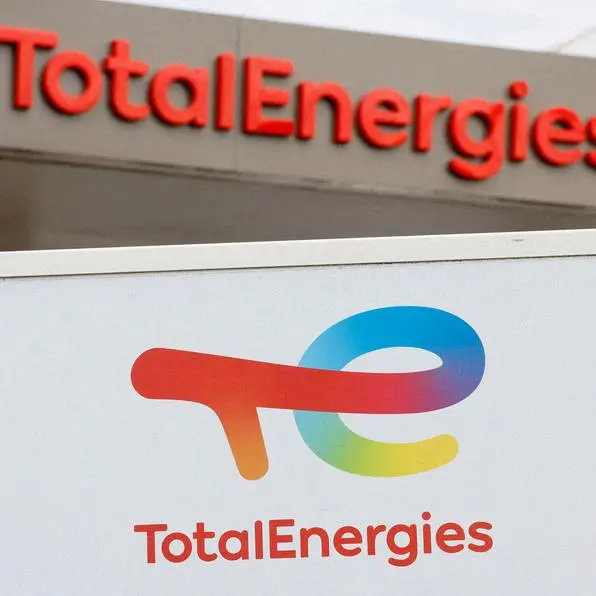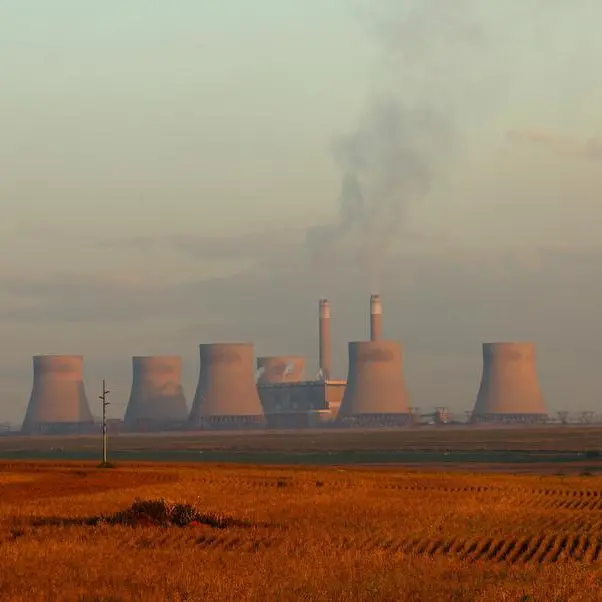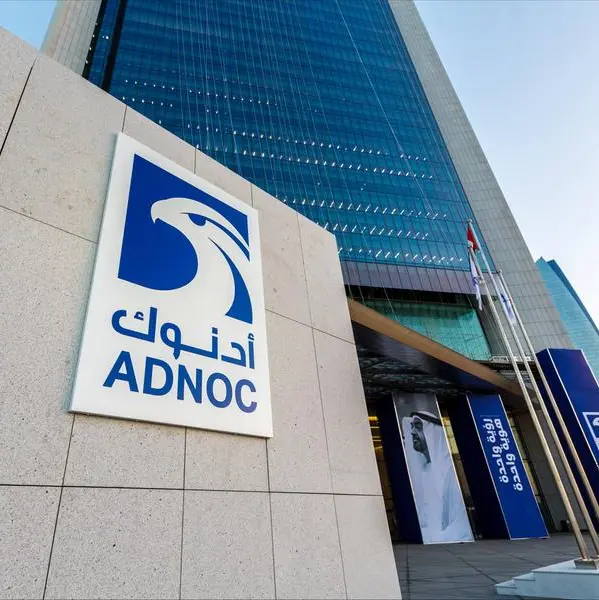PHOTO
A mega project that took off on Tuesday to expand the production of the world’s largest gas field will allow Qatar to maintain its dominance in the LNG market.
The project, which consists of 2 phases with total investment of more than $30 billion, will lift production at the giant offshore North Field by more than 60 percent after a 12-year self-imposed moratorium on field expansion ended in mid 2021.
In May, Qatar awarded a $10-billion contract to France’s Technip Energies and Athens-based Consolidated Contractors Company involving the installation of two giant LNG production trains with a total capacity of 16 million tonnes a year.
The deal is part of the North Field Expansion (NEF) project that will boost the Gulf country’s LNG production from 77 million tonnes at present to 110 million tonnes annually in 2026, an increase of 43 percent.
Phase 2 of the world’s largest LNG development project will further lift output to 126 million tonnes in 2027, a total increase of nearly 64 percent.
Qatar, one of the richest nations, is already the world’s dominant LNG exporter and the third largest gas producer after Russia and Iran.
The North Field, which straddles Qatari and Iranian waters, contains nearly 51 trillion cubic metres of non-associated gas deposits and 50 billion barrels of condensates.
It has an area of nearly 9,700 km, just below the total size of Qatar itself. Around 6,000 km of the field is located inside Qatar’s territorial waters.
The field has been developed by several global oil giants, including the US ExxonMobil and ConocoPhilips companies, France’s TotalEnergies, and Italy’s Eni.
In recent statements, Qatar’s Minister of State for Energy Saad Al-Kaabi said he expects NEF to “largely contribute to boosting Qatar’s economy and to generate massive revenues in the years to come.”
(Writing by Nadim Kawach; Editing by Anoop Menon)
(anoop.menon@lseg.com)
Subscribe to our Projects' PULSE newsletter that brings you trustworthy news, updates and insights on project activities, developments, and partnerships across sectors in the Middle East and Africa.


